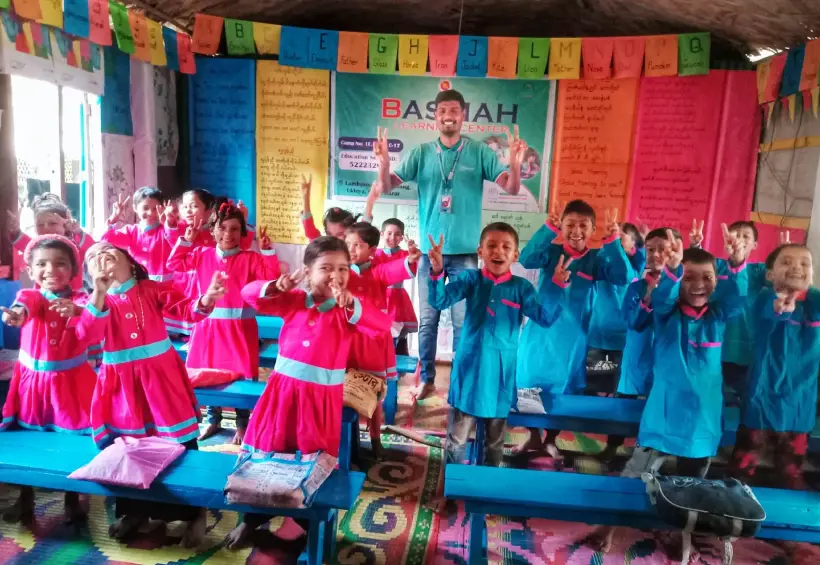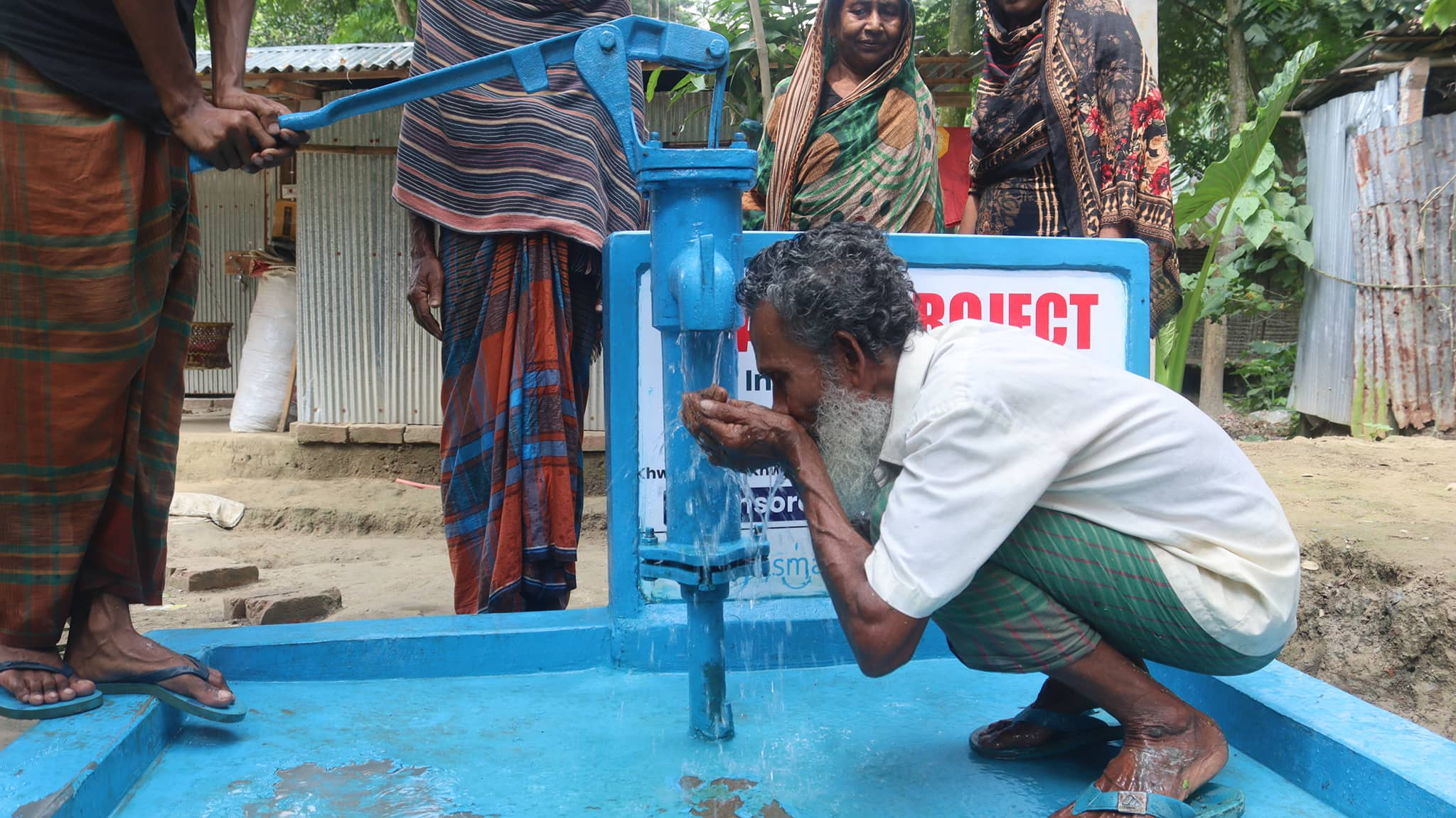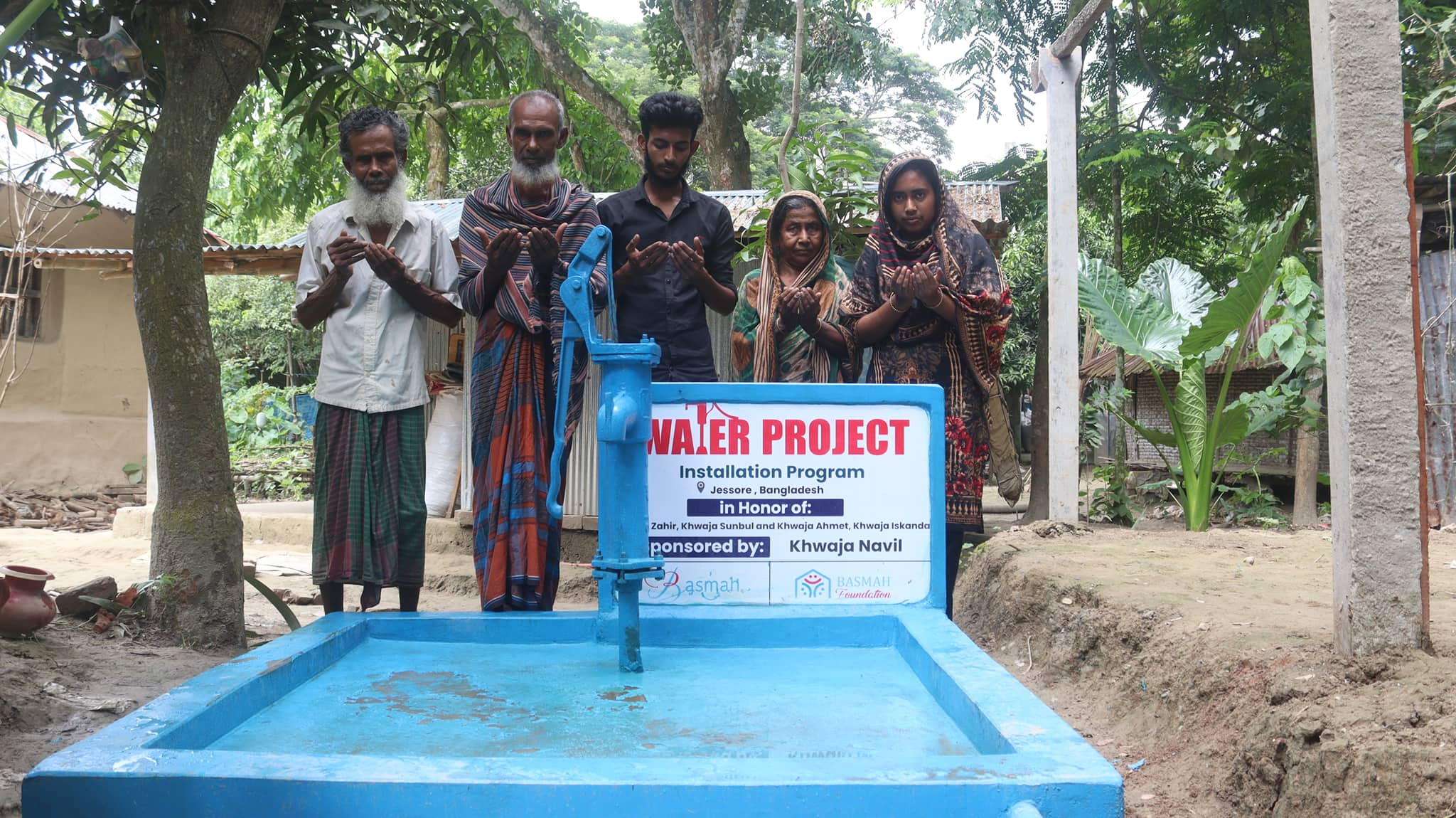Humanitarian Crisis
Introduction: Bangladesh is a densely populated country located in South Asia. It faces a number of social, economic, and environmental challenges that have a significant impact on its population. In this blog post, we will examine some of the key issues facing Bangladesh and their impact in numbers.
Population: Bangladesh has a population of over 166 million people, making it the eighth most populous country in the world. The population is growing at a rate of 1.05% per year.
Poverty: Bangladesh is one of the poorest countries in the world, with a poverty rate of around 24%. Around 50 million people in the country live below the poverty line, which is set at $1.90 per day.
Education: Although Bangladesh has made significant progress in improving access to education, the country still faces significant challenges. Around 20% of the adult population is illiterate, and only around 50% of children complete primary school.
Healthcare: Bangladesh has made significant progress in improving healthcare access and outcomes, but challenges remain. The country has a doctor-to-patient ratio of around 1:3,500, and around 10% of the population lacks access to basic healthcare services.
Water Crisis: Bangladesh is facing a severe water crisis, with over 20 million people lacking access to clean drinking water. Contaminated water is a major cause of illness and death in the country, particularly in rural areas where access to clean water is limited.
Climate Change: Bangladesh is one of the country’s most vulnerable to the impacts of climate change, with rising sea levels, flooding, and extreme weather events threatening millions of people. The country is also heavily dependent on agriculture, which is highly vulnerable to climate change impacts.
Child Marriage: Child marriage remains a significant issue in Bangladesh, with around 52% of girls being married before the age of 18. This has significant social and economic impacts, including limiting girls’ access to education and healthcare.
In conclusion, Bangladesh faces a range of social, economic, and environmental challenges that have a significant impact on its population. These challenges can only be addressed through a concerted effort by the government, civil society, and international organizations to improve access to education, healthcare, clean water, and other basic necessities of life.
Humanitarian Crisis






